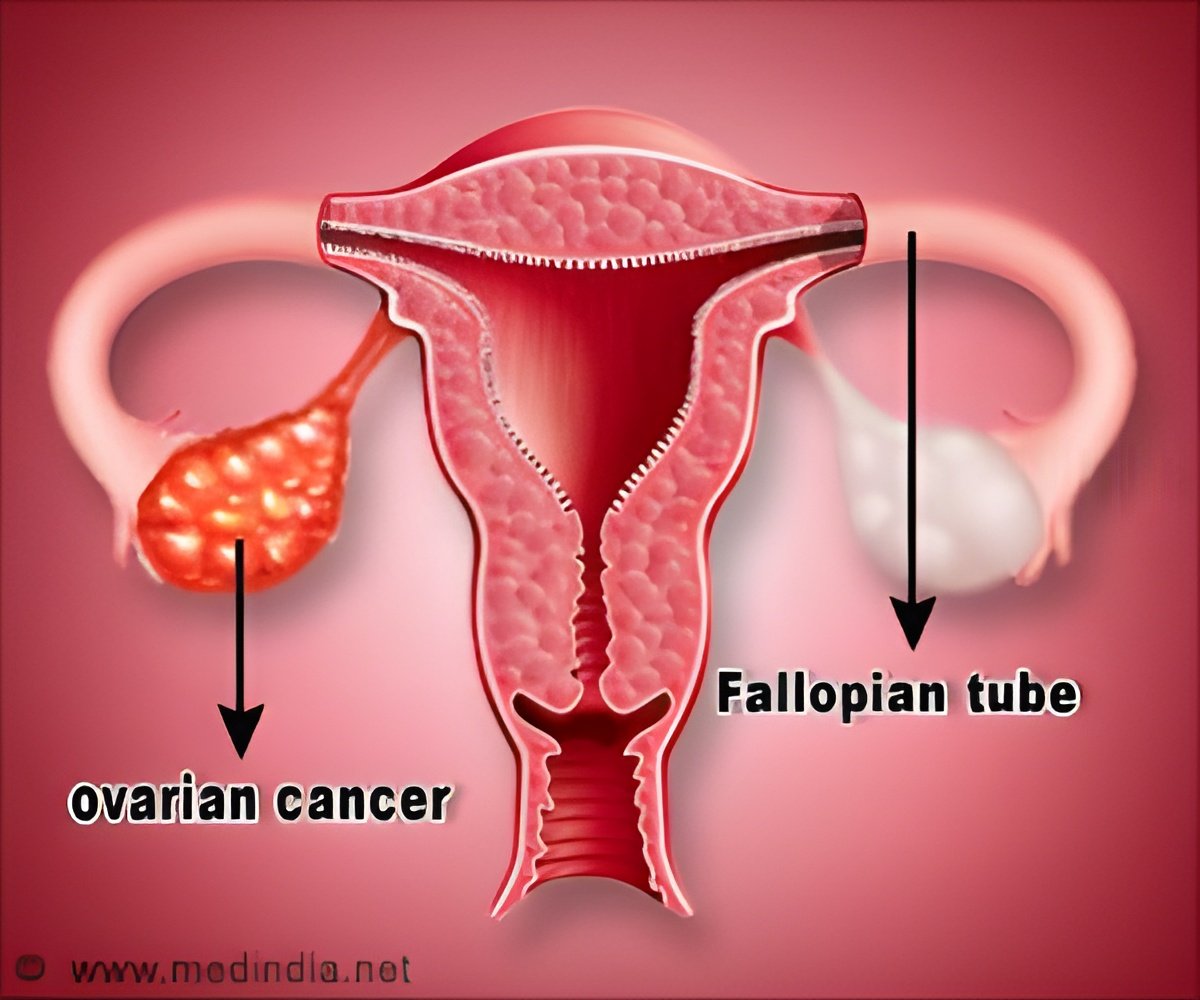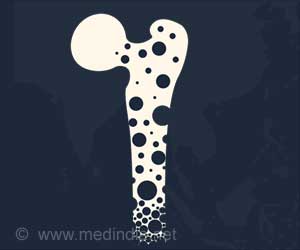A new method for counting a special class of cancer-fighting cells, called tumor-infiltrating T lymphocytes, or TILs, has been developed by scientists.

Such technology, a DNA-amplification technique, has the potential to predict treatment response, cancer recurrence and disease-free survival earlier and more effectively than any current method, according to lead researcher and cancer geneticist Jason H. Bielas, Ph.D., an associate member of the Human Biology and Public Health Sciences divisions at Fred Hutch.
"Our experiments demonstrate an association between higher TIL counts and improved survival among women with ovarian cancer, and are consistent with prior observations that the immune response against ovarian cancer is a meaningful and independent prognostic factor," said Bielas, who was also the paper's corresponding and senior author.
"While variations in the measurement and characterization of TILs have limited their clinical utility as biomarkers of survival, our results highlight the significant translational potential of a robust, standardized, DNA-based assay to assess TILs in a variety of cancer types, including ovarian," he said.
Fred Hutch researchers developed the digital assay to count TILs, determine their frequency and develop a grouping system to determine their "clonality," a measure of the tumor's T-cell population.
In developing the test, Bielas and his team leveraged a technology co-created by first author Harlan S. Robins, Ph.D., a computational biologist and associate member of the Public Health Sciences and Human Biology divisions at Fred Hutch. They devised a way to easily screen T cells by capturing the genetic information of unique proteins these cells carry on their surface. Fred Hutch licensed the technology to Adaptive Biotechnologies, a company Robins co-founded.
Advertisement
"Now that we have the sensitivity and ability to reproducibly count TILs in tumors, we may be able to stratify and more effectively treat patients based on tumor TIL count," Bielas said.
Advertisement
Note for media: More information, including a copy of the paper, "Digital Genomic Quantification of Tumor-Infiltrating Lymphocytes," can be found online at the Science Translational Medicine press package at eurekalert.org/jrnls/scitransmed. You will need your user ID and password to access this information. An embargoed copy of the paper can also be obtained by contacting the journal at 202-326-6440 or emailing [email protected].
At Fred Hutchinson Cancer Research Center, home to three Nobel laureates, interdisciplinary teams of world-renowned scientists seek new and innovative ways to prevent, diagnose and treat cancer, HIV/AIDS and other life-threatening diseases. Fred Hutch's pioneering work in bone marrow transplantation led to the development of immunotherapy, which harnesses the power of the immune system to treat cancer with minimal side effects. An independent, nonprofit research institute based in Seattle, Fred Hutch houses the nation's first and largest cancer prevention research program, as well as the clinical coordinating center of the Women's Health Initiative and the international headquarters of the HIV Vaccine Trials Network. Private contributions are essential for enabling Fred Hutch scientists to explore novel research opportunities that lead to important medical breakthroughs. For more information visit fredhutch.org or follow Fred Hutch on Facebook, Twitter or YouTube.
Source-Newswise














